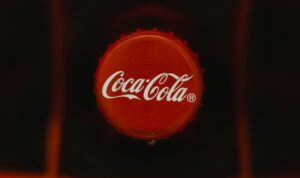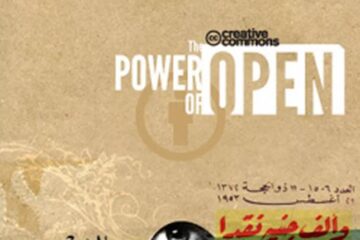Caso bastante interessante, que trata de questões relacionadas a direito autoral moral – presente na Convenção de Berna – em um contrato firmado nos EUA, que adota o modelo do Copyright. Cabe lembrar o acordo TRIPS, que aproximou os modelos de proteção autoral em razão de interesses econômicos.

——————-
Original: http://madisonian.net/2010/06/04/moral-rights-and-the-world-cup/
Moral Rights and the World Cup
Posted by Mike Madison · June 4th, 2010 · 1 Comment
Today’s law-and-soccer post involves a quasi-moral rights problem.
Rafael “Rafa” Vergara Hermosilla is a Mexican singer, songwriter, and music producer who was asked by Universal Music to produce a Spanish-language mix of an existing song — Wavin’ Flag by K’naan — for use by Coca-Cola as part of Coke’s World Cup marketing. (Coca-Cola calls the song — the version called Wavin’ Flag Coca-Cola Celebration Mix — its “campaign anthem.”) Coca-Cola cleared the rights to the musical composition. Vergara translated the lyrics into Spanish and mixed and produced a Spanish language vocal track by David Bisbal, to be combined with K’naan’s English language track.
Vergara did the work and produced the record, and Coca-Cola started using the result. Then things went awry; the smile-and-a-handshake nature of the relationship broke down. Before Universal would pay Vergara, Universal asked Vergara to confirm in writing that Universal owned all rights in his work, as a work made for hire. Vergara not only denied that he had ever been engaged in a work for hire relationship on this project, but he also demanded that he be credited by name each time the work was used.
Vergara sued Coca-Cola for copyright infringement, for its unauthorized distribution of his translated lyrics, and on Wednesday, a district court in Miami agreed with him, entering a preliminary injunction that recites:
Defendant Coca-Cola and any individuals or entities acting under its direction or control cease advertising, selling, distributing, or otherwise disseminating “Wavin’ Flag (Coca-Cola Spanish Celebration Mix)” unless adaptation credit is given to Vergara whenever his lyrics are used and either: (1) the original
English composer is credited or (2) a composer is often credited with such a use.It is further ORDERED AND ADJUDGED that, by June 11, 20 10, Defendant Coca-Cola post on its website on the page offering “Wavin’ Flag; (Coca-Cola Spanish Celebration Mix)” for download, a conspicuous notice indicating Vergara’s contribution to the song.
The relief granted is less than the relief sought. According to the court, Vergara asked for an order “requiring that Coca-Cola and its subsidiaries cease advertising with, selling, distributing or otherwise commercially exploiting the song containing Vergara’s lyrics. Additionally, Vergara requests that the Order require Coca-Cola to immediately provide a public acknowledgment of Vergara’s contribution ‘by such media or other vectors as the Work has been previously disseminated.’”
Still, whether or not the court gave Vergara everything that Vergara asked for, Vergara asked for something — and the court gave him something — that the American copyright statute does not grant: a kind of moral right. In this case, that moral right is a species of attribution right. The court agreed that Vergara was likely to succeed on the merits of his underlying infringement claim, that Coca-Cola was reproducing the copyrighted lyrics without permission. But there was no agreement between Vergara and Coca-Cola (or between Vergara and Universal) regarding the work being attributed to him; this was not a request for specific performance of an underlying private obligation. Vergara was claiming rights under American copyright law based on his having produced a work protected under Mexican copyright law; American copyright law includes no statutory attribution right that would apply to this case. There was, in other words, no preexisting obligation on Coca-Cola’s part to attribute the work to Vergara.
Queries: Did the judge exceed his authority? Is the injunction within the court’s equitable powers? Is the attribution obligation inconsistent with a broad reading of Dastar?
Had the judge granted a broad injunction prohibiting Coca-Cola from reproducing, distributing, or performing Vergara’s work, the judge would have been on safe ground under the statute, and the parties could have settled the case (just as they could have settled it earlier) by providing for various forms of attribution. In one sense, then the judge simply cut to the chase.
You can download the Mexican version of the song here (mp3 link) from the Coca-Cola website, but as of this post there is no reference to Vergara. Under the injunction, Coca-Cola has another week to comply. Perhaps there is an appeal in the works? Or a settlement? Meanwhile, presumably Coca-Cola is less than thrilled with Universal.



0 comentário